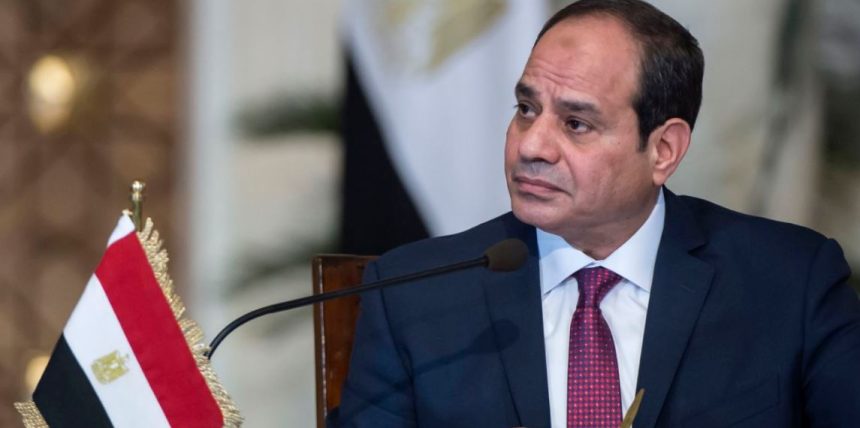The president of Egypt declared on Wednesday that he would not permit a large-scale migration of Gaza refugees because it would serve as a model for “the displacement of Palestinians from the West Bank into Jordan.”
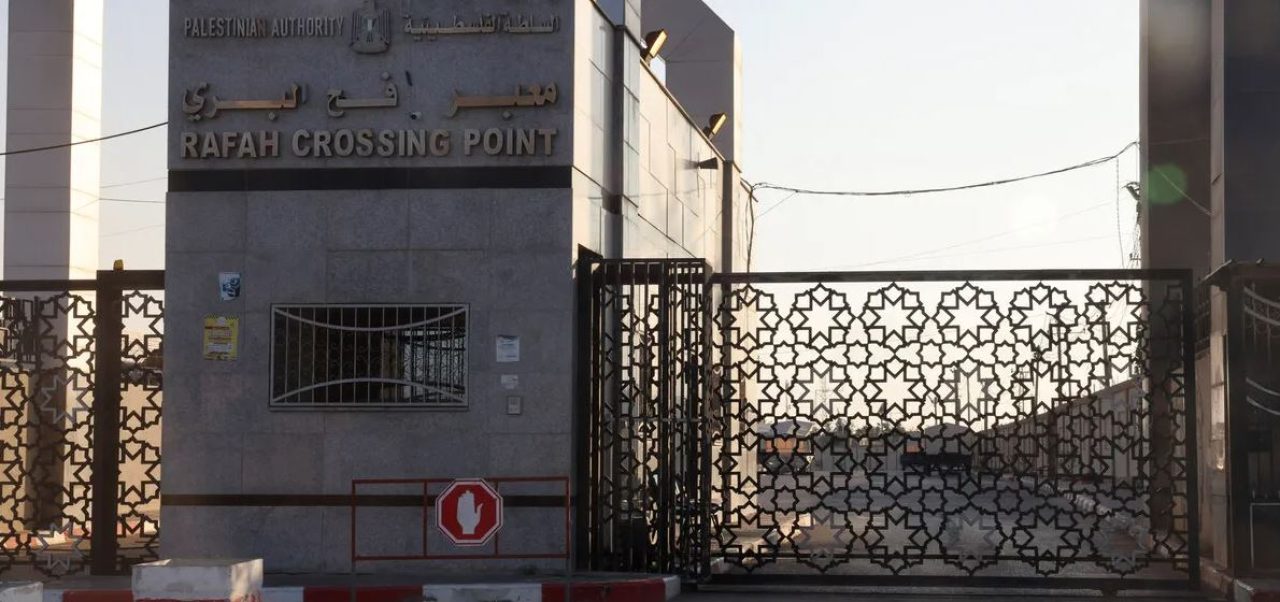
President Abdel Fattah al-Sisi blamed Israel’s air assaults on the Rafah crossing between Gaza and Egypt for the failure to provide aid to the territory’s 2.4 million residents after discussions with visiting German Chancellor Olaf Scholz.
“The displacement of Palestinians from Gaza to Egypt means the same displacement will take place for Palestinians from the West Bank into Jordan,” Sisi warned.
“Subsequently, the Palestinian state that we are talking about and that the world is talking about will become impossible to implement — because the land is there, but the people are not. Therefore, I warn of the danger of this matter.”

In the midst of Israel’s brutal 12-day-long bombardment of Gaza in reprisal for a shocking cross-border strike carried out by Hamas on October 7 that left at least 1,400 people dead, the most of them civilians, Sisi met with the German chancellor.
In Gaza, where there are now not enough gasoline, food, or electricity, about 3,000 people have died.
The sole entrance to the beleaguered region that is not under Israeli control is Egypt’s Rafah crossing with Gaza, where pressure is growing for supplies to be permitted.
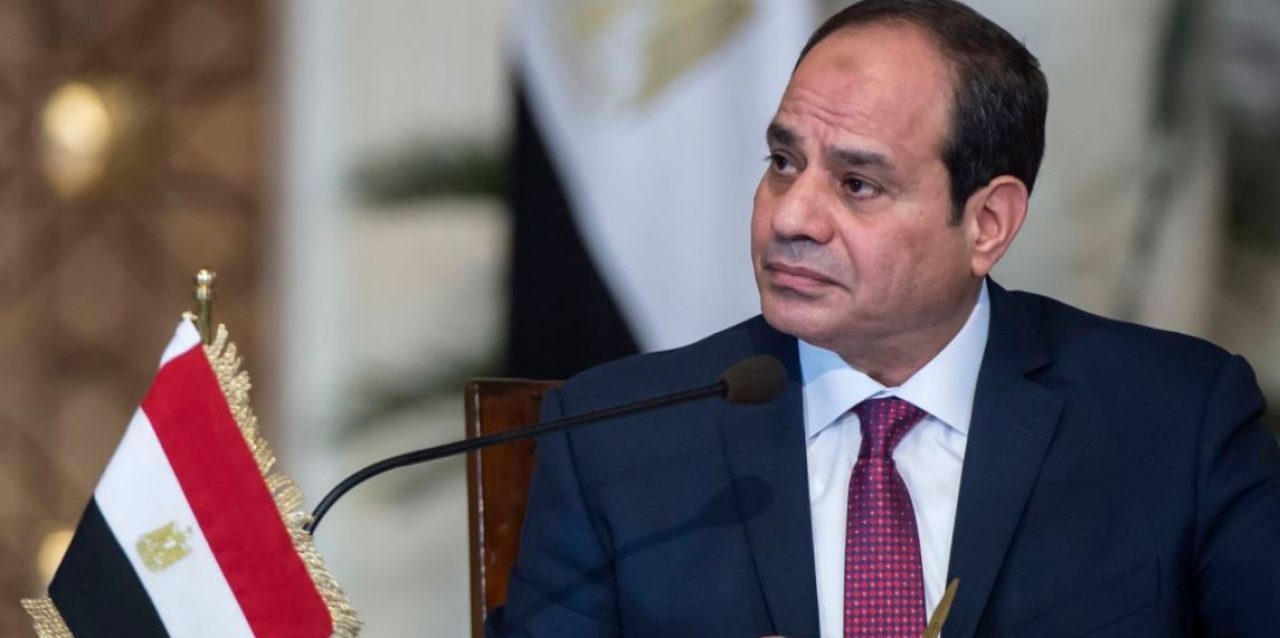
Sisi claimed that although Egypt “did not close” the crossing, it was unable to function due to “developments on the ground and the repeated bombings by Israel of the Palestinian side of the crossing.”
On the Egyptian side of the border, which Israeli aircraft have bombed four times, hundreds of lorries carrying aid have been waiting for six days.
Scholz informed the media. Cairo and Berlin “are working together to get humanitarian access to the Gaza Strip as quickly as possible.”
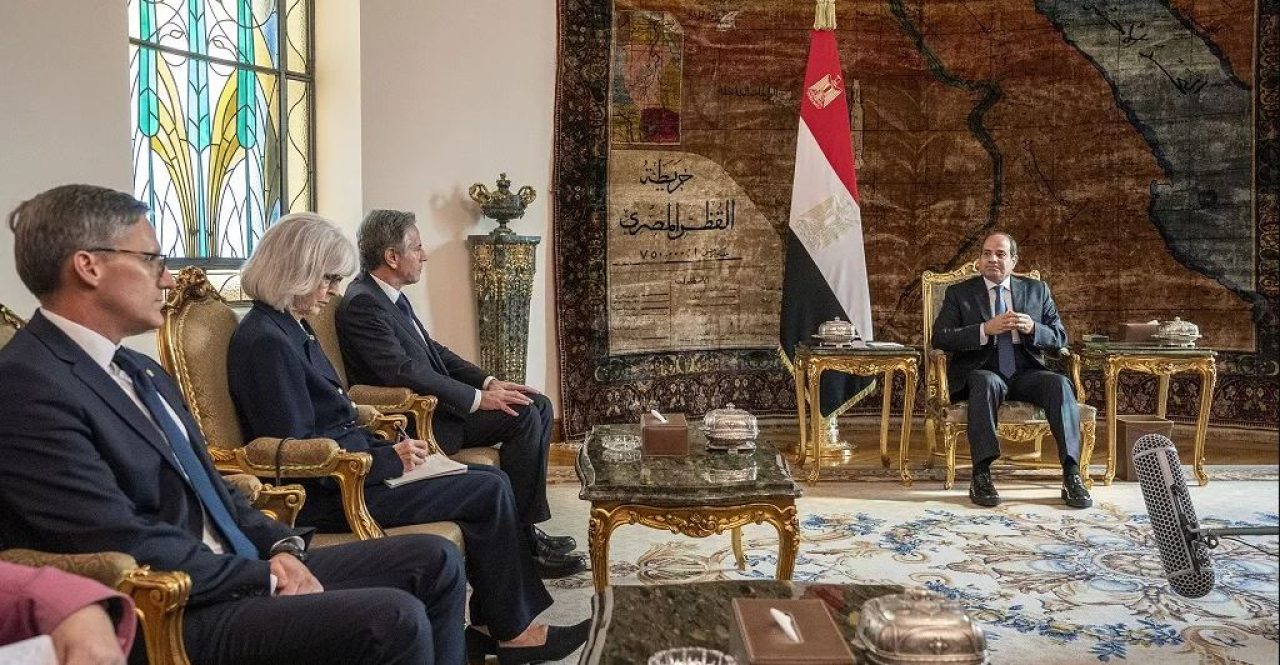
The Egyptian president called for “immediate international intervention” to avert a “dangerous military escalation that may get out of control” as the two leaders both expressed concern about the possibility of regional spillover.
Scholz advised Hezbollah and Iran “once again not to intervene in this conflict” and reaffirmed that Germany wanted to prevent a “conflagration in the Middle East”.
- Peace could ‘fall apart’
Egypt made peace with Israel for the first time in 1979 as a result of the Camp David Accords from the year before.
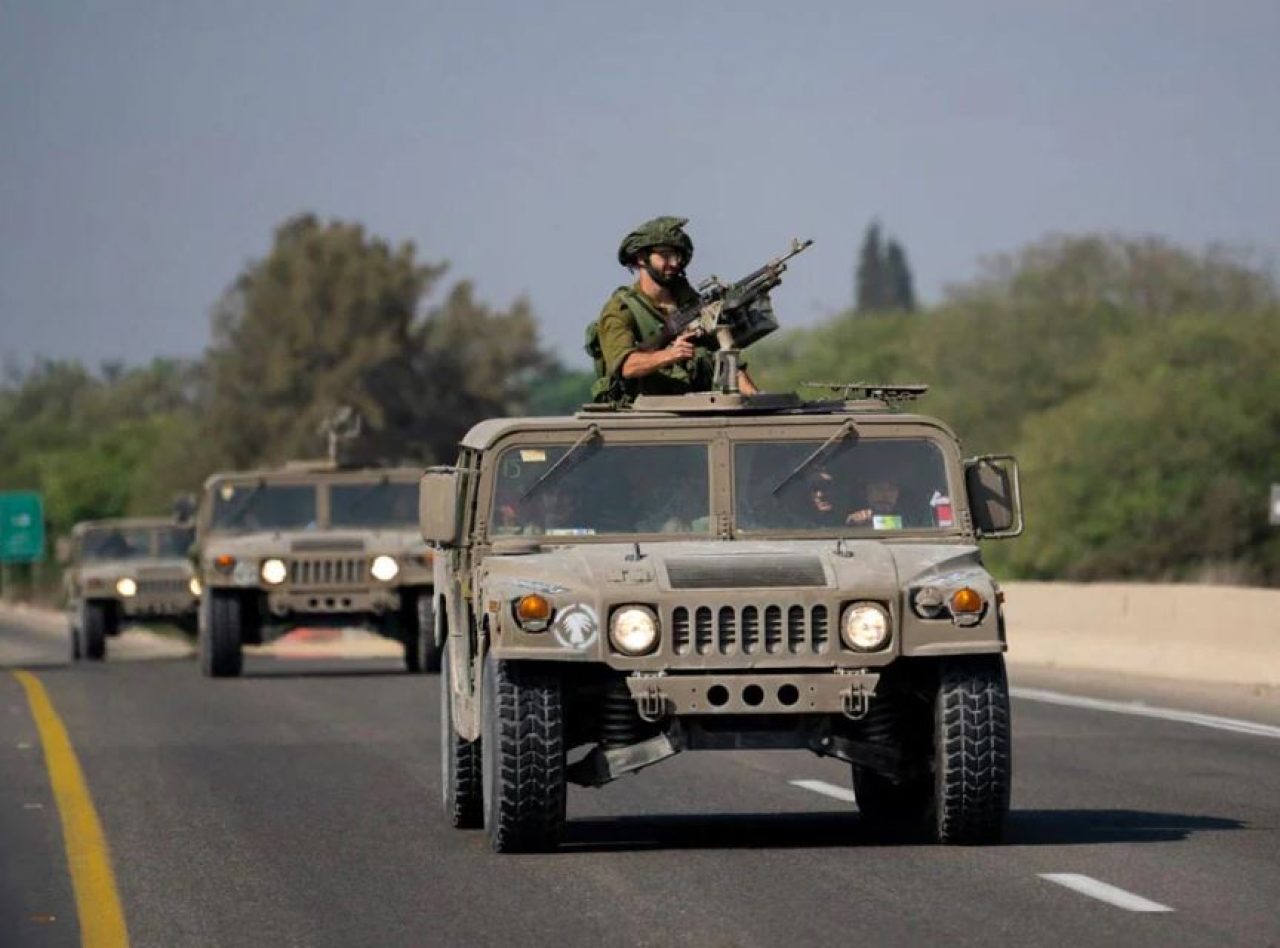
Sisi stated that the Sinai Peninsula, which is adjacent to Egypt, may become “a new base for terrorist operations against Israel” if there is a significant exodus of Gazans there.
“Israel would have the right to defend itself and its national security, and therefore direct strikes on Egyptian lands,” he said.
Mahmud Abbas, the president of Palestine, has also expressed concern that the exodus of Gazans to Egypt might amount to a “second Nakba” — the 1948 war-related exodus of more than 760,000 Palestinians from their homes.
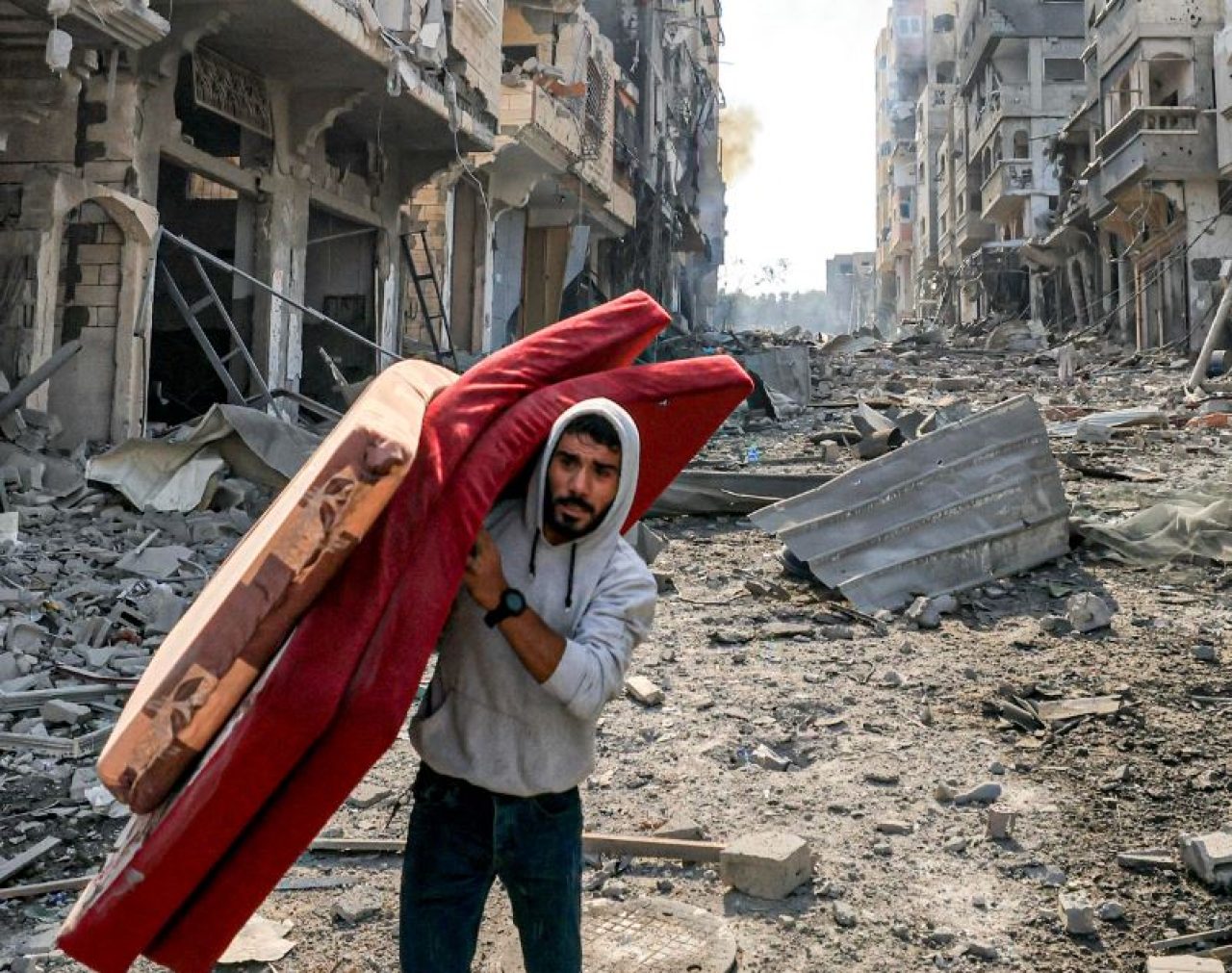
The majority of the people that live in Gaza are displaced people.
Egypt has always rejected Israel’s so-called transfer of responsibility as an occupying force, including the obligation to “provide for the safety of civilians” living under Israeli control.
Sisi rejected assertions made by commentators that Sinai was a sparsely populated desert region and proposed Israel’s Negev Desert as a possible alternative shelter for Gazans.
“Palestinians could be moved there until Israel is finished with what it has declared is an operation to eliminate armed groups” from Gaza, the president said.
“And then it could return them if it wished,” he added.
